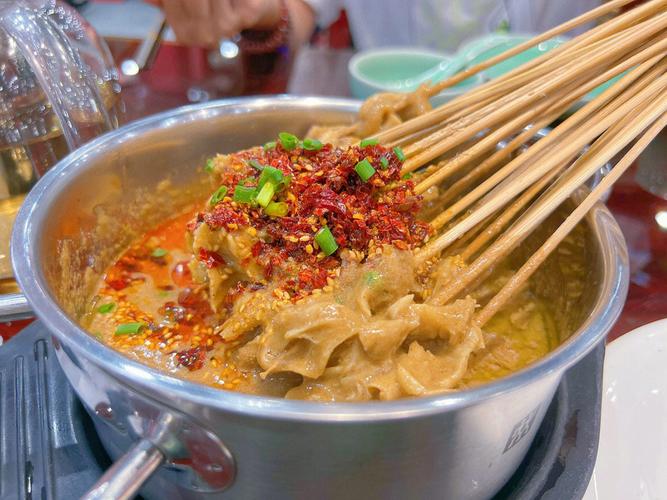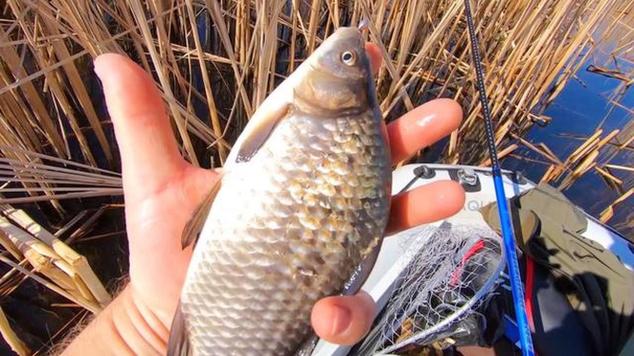硕鼠硕鼠无食我黍全诗的意思
Title: Understanding the Impact of Rodents on Agriculture and Effective Control Measures
Rodents, particularly rats and mice, pose a significant threat to agricultural productivity worldwide. The phrase "硕鼠硕鼠无食我黍" (Shuò shǔ shuò shǔ wú shí wǒ shǔ), which translates to "The fat mouse has no food; it's my millet it wants," underscores the ageold struggle farmers face against these pests. Let's delve into the impact of rodents on agriculture and explore effective control measures.
The Impact of Rodents on Agriculture
1.
Crop Damage:
Rodents are voracious eaters and can wreak havoc on crops such as grains, fruits, and vegetables. They consume or contaminate significant portions of the harvest, leading to financial losses for farmers.2.
Spreading Diseases:
Rodents serve as carriers of various pathogens, including bacteria and viruses, which can infect both crops and humans. Their presence in agricultural fields increases the risk of disease transmission.
3.
Structural Damage:
Apart from attacking crops, rodents also damage agricultural infrastructure such as storage facilities, irrigation systems, and machinery. Gnawing on wires and cables poses fire hazards and disrupts farm operations.4.
Reduced Yield and Quality:
Constant pressure from rodent infestations can diminish crop yield and quality over time. Farmers may experience lower market prices for produce that has been damaged or contaminated by rodents.Effective Control Measures
1.
Sanitation Practices:
Maintaining cleanliness in and around agricultural areas is crucial for rodent control. Eliminating food sources, sealing off entry points, and proper waste management reduce the attractiveness of the environment to rodents.2.
Biological Control:
Introducing natural predators of rodents, such as barn owls, snakes, and certain species of cats, can help keep their populations in check. Encouraging biodiversity on farms creates a balanced ecosystem that mitigates rodent infestations.3.
Chemical Control:
Pesticides and rodenticides are commonly used to control rodent populations. However, careful consideration must be given to their environmental impact and potential risks to nontarget species. Integrated Pest Management (IPM) strategies combine chemical control with other approaches for maximum effectiveness.4.
Physical Barriers:
Installing physical barriers like wire mesh fences, rodentproof containers, and tree guards can prevent rodents from accessing crops and storage areas. Regular maintenance and inspection of these barriers are essential to ensure their effectiveness.5.
Trapping:
Traps are an effective method for capturing and removing rodents from agricultural settings. Different types of traps, including snap traps, live traps, and glue boards, can be deployed based on the specific requirements and preferences of the farmer.6.
Community Collaboration:
Rodent control efforts are more successful when farmers work together and share information and resources. Collaborative initiatives, such as communitywide cleanup campaigns and educational workshops, foster a collective approach to managing rodent populations.Conclusion
The proverb "硕鼠硕鼠无食我黍" serves as a timeless reminder of the ongoing battle between farmers and rodents in agriculture. By understanding the impact of rodents on crops and implementing effective control measures, farmers can protect their livelihoods and ensure food security for communities. Combining proactive practices, biological controls, and targeted interventions forms a holistic approach to managing rodent populations sustainably. With diligence and cooperation, farmers can overcome the challenges posed by these persistent pests and safeguard agricultural productivity.










